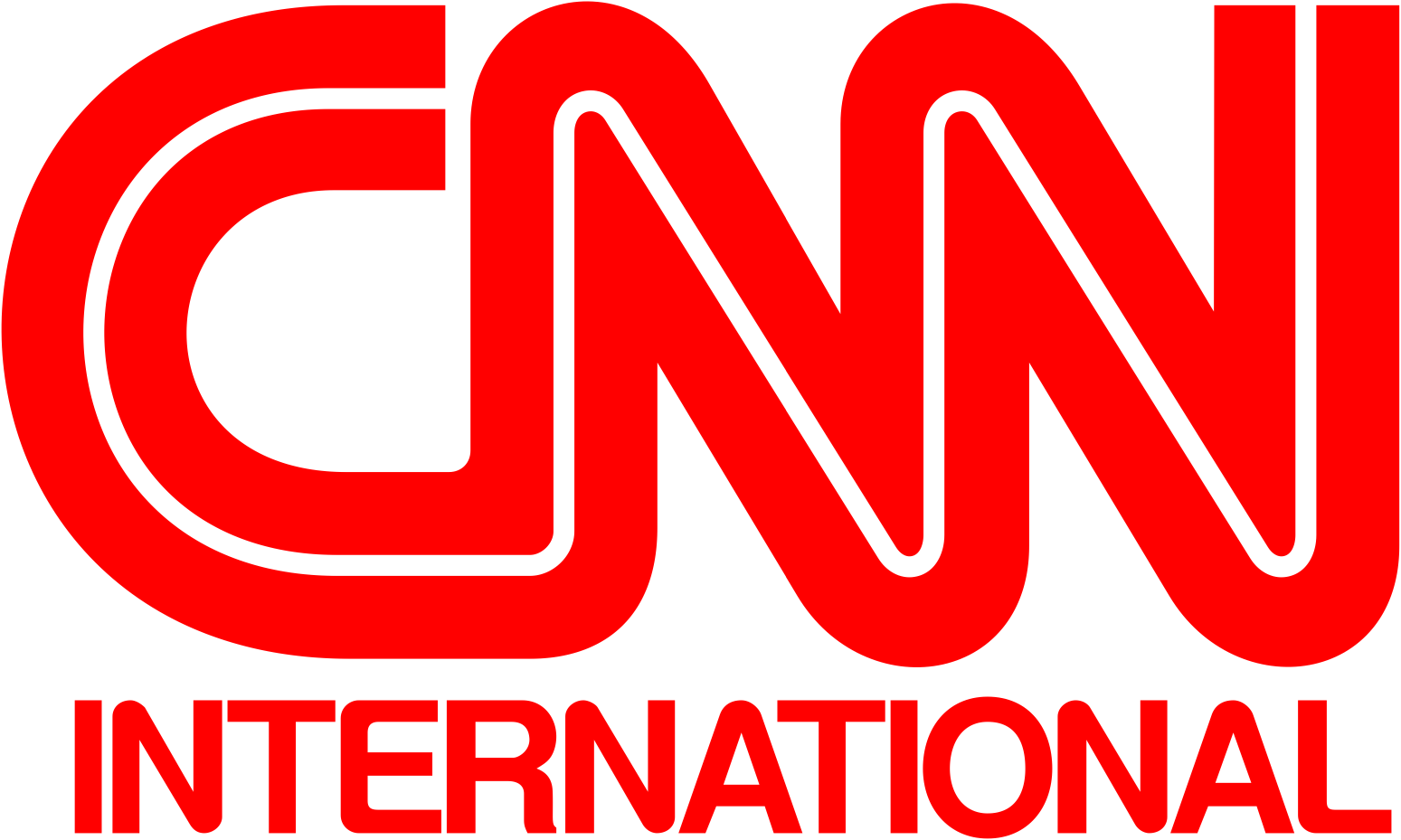Anti-Islam lawmaker Geert Wilders said Thursday it is unfair and "constitutionally wrong" that he had to sacrifice his leadership aspirations in order to pave the way for a right-wing ruling coalition in the Netherlands after his party won the most seats in a November election.
Wilders said Wednesday night that he was giving up his bid, at least for now, to become prime minister because he did not have the full support of all three parties he is negotiating with to form a ruling coalition.
The official overseeing the coalition talks on Thursday proposed what he called a "program Cabinet" made up of a mix of representatives of the four parties and experts from outside politics "with the broadest possible support" in parliament.
DUTCH FIREBRAND GEERT WILDERS THREATENS TO REVOKE SLAVERY APOLOGY AS COALITION TALKS DRAG
He called such a Cabinet "the only possibility for a fruitful political cooperation at the moment."
"It's high time to bring together form and content and see if it will fly," said Kim Putters, the go-between who investigated possible forms of government. He said that he had ruled out both majority and minority Cabinets as unworkable in the current splintered Dutch political landscape.
Under Putters' proposal, the leaders of the four parties that would make up the coalition would remain in parliament and not join the government.
Wilders sounded bitter that he likely will not become prime minister despite his election victory, exposing simmering tensions between possible coalition partners. Historically, the leader of the largest party in parliament has become prime minister in the Netherlands.
"In the end, no matter how much it hurts and no matter how unfair I think it is and how constitutionally wrong it is, I still made the decision not to choose my own position," Wilders told reporters. "I said in a tweet yesterday that the national interest and love for my voters and the PVV voter, our voters, is greater than my own position."
Putters declined to comment on Wilders' criticism of the proposed technocratic government. Such Cabinets are unusual, but not unheard of in Dutch politics.
Campaigning on a populist, anti-immigration platform, Wilders’ Party for Freedom won 37 seats in the 150-seat lower house of the Dutch parliament. The four parties in government talks hold a combined 88 seats, giving them a comfortable majority. Polls since the election show that support for Wilders’ party has continued to grow.
After two decades of trenchant opposition, Wilders seemed to have a shot at leading a nation that long prided itself on its tolerant society, but he has stepped aside in the interests of pushing through most of his agenda.
He said that many people who voted for his party expecting that he would become prime minister if his party emerged as the largest are angry "and I’m just as angry as they are."
GEERT WILDERS SAYS HE DOESN'T HAVE SUPPORT OF LIKELY COALITION PARTNERS TO BECOME DUTCH PREMIER
He said he made his choice in order to facilitate "a right-wing Cabinet that can achieve a lot for the Netherlands and your voters."
Putters, a former Labor Party senator who oversaw a month of talks between Wilders' party, the center-right People's Party for Freedom and Democracy, populist Farmer Citizen Movement and centrist New Social Contract, said he is confident "these parties can take the next step together."
In his report, he said that the new prime minister should be named "at a later date," without elaborating on when or how that could happen.
Wilders said that only the Farmer Citizen Movement leader, Caroline van der Plas, gave full support to his wish to become prime minister.
Lawmakers will debate Putters' report on Wednesday before deciding on the next step in the coalition forming process.
from Latest World News on Fox News https://ift.tt/7Vnz5UR
